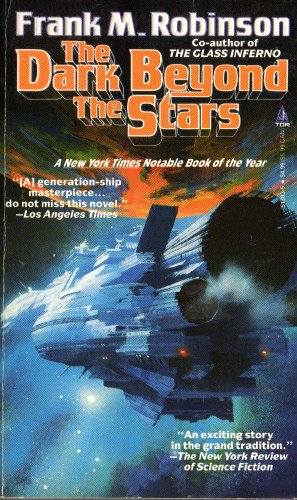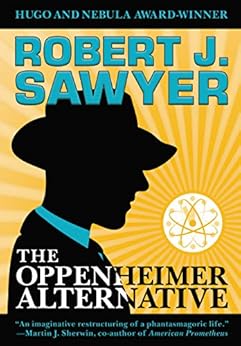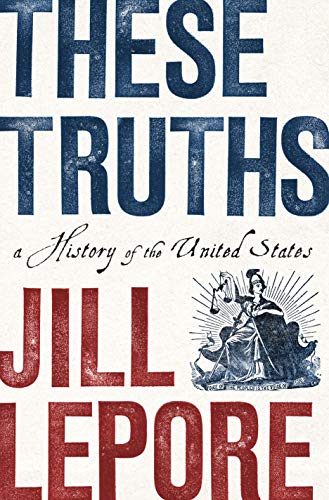I admit it -- a year's-best posting this early in November might seem, well, early. OTOH, given that stores didn't even wait till Halloween to put up Christmas decorations and start their sales, the case can be made I'm late. Reader's choice ;-)
Not to mention that if ever there were a year to support one's favorite authors, this is it.
As ever, I read a lot: as research, to keep current with the genre in which I write, and simply for enjoyment. Before the holiday shopping onslaught, I like to volunteer a few words about the most notable books from my reading (and sometimes re-reading) thus far in the current year. When I mention a book, you can be certain I really enjoyed it and/or found it very useful. Life's too short to gripe about anything I didn't find notable (much less the several books I elected not to finish).
Presuming that you visit SF and Nonsense because you appreciate my assessment of things, you might find, in the post that follows, books you (and like-minded friends, relatives, etc.) will also enjoy. Unless otherwise indicated, the dates shown are for original publication. Titles are Amazon links, often to newer editions than the original publication (and to Kindle editions, where available).
What's impressed me so far this year? Read on ....
Note: the order of books in the following is not intended to signal anything.
Science Fiction
A large part of this year's SF reading was Jack McDevitt's long-running "Academy" series. (Last year, it was Jack's "Alex Benedict" series.) The Academy is humanity's premier organization for investigating the stellar neighborhood's mysteries. Trust me: there is no shortage of these. Each book of the series (I've devoured the first five) is a standalone adventure -- but IMO you're best off reading in series order. To the left, I show the opening volume, The Engines of God (1994).Frank M. Robinson's The Dark Beyond the Stars (1991) was a serendipitous find. Generation-ship stories are among my favorites -- and The Dark ... is among the best and most original. It is, alas, hard to find in print and isn't AFAIK available in electrons. If you're curious, check with your fave used-book source(s).
Back in 1979, Barry Longyear's novella "Enemy Mine" was a phenomenon, taking Hugo, Nebula, and Locus awards. The story had it all: fully realized alien species, language, philosophy, ... -- amid conflict and an epic battle for survival. In 1985, Enemy Mine was a great feature film, starring Louis Gossett Jr. and Dennis Quaid. In The Enemy Papers (2011), Longyear novelized "Enemy Mine" and continues the adventure with two more short novels. And for those of you who enjoy a look beneath the hood (mixed metaphor alert) at how stories happen, he also throws in background material, like the Drac "bible," aka The Talman. The last SF book I found as simultaneously deep/challenging/engrossing was Frank Herbert's Dune.
On the SF/technothriller border, I greatly enjoyed David Walton's The Genius Plague (2017) -- a biology and cyber blend. Walton has background in cyber and intel, and it shows. "Can't put it down" is an overused expression; I'll use it here.
Robert J. Sawyer's The Oppenheimer Alternative (2020) occupies a different cusp: between historical fiction and SF. (Or call it alternate history, a standard SF subgenre. I won't mind, and I'll bet Rob won't.) I don't know enough about Oppie's life to know when the transition is made -- but it assuredly is. And in the scenario that eventually emerges, it's awfully fortunate that the world has Oppie around.
And with that, we'll segue to ...
Historical fiction
Arctic Chillers 4-Book Collection (2014 omnibus), by Alistair McLean. All four of these Cold War-vintage short novels are very enjoyable -- but "chillers" refers not to the mostly metaphorical (thankfully!) cold of said war, but to venues. I enjoyed all four, but my favorite had to be Night Without End (1959), a murder mystery set in the wilds of Greenland, in the aftermath of a plane crash. Really, well, chilling.
From historical fiction, we'll segue to (I know, shocker) history.
History
Einstein's Monsters: The Life and Times of Black Holes (2018) by Chris Impey. Pretty much anything you could ever want to know about the theory, state of knowledge, and possible uses for black holes. Entertainingly and clearly expressed.
A Crack in Creation: Gene Editing and the Unthinkable Power to Control Evolution, by Jennifer A. Doudna and Samuel H. Sternberg. Pretty much anything you could want to know about the biotech wonder of the age: precision gene splicing via CRISPR. Doudna co-won this year's Nobel in Chemistry for her work on CRISPR.













































No comments:
Post a Comment